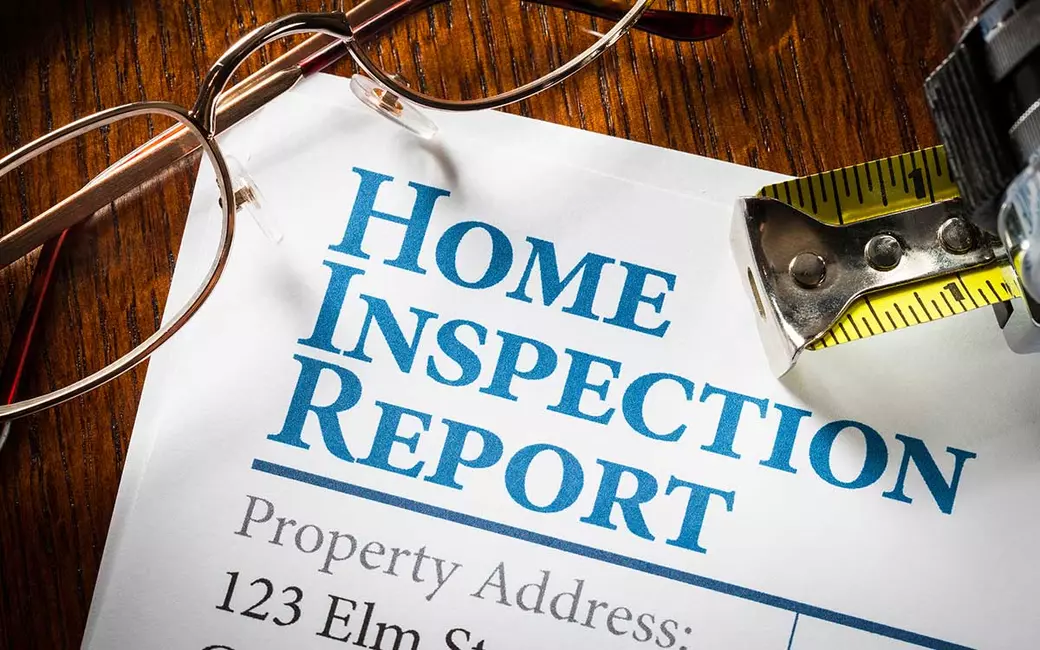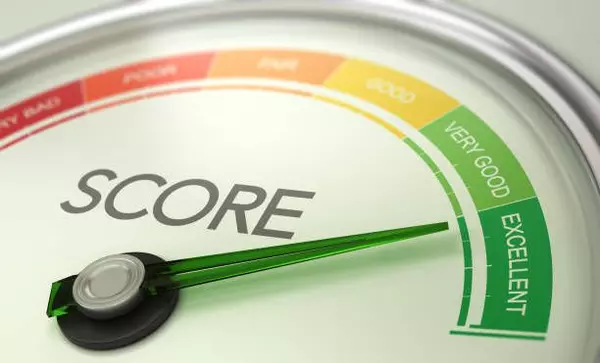The Home Inspection Process: What Every Buyer and Seller Should Know

The Home Inspection Process: What Every Buyer and Seller Should Know
When you're buying or selling a home, one of the most important steps in the process is the home inspection. It's a critical checkpoint that offers a deeper look into the condition of the property and can greatly influence the final outcome of the transaction. For buyers, it provides peace of mind by uncovering potential issues before closing. For sellers, it offers an opportunity to address concerns in advance or prepare for negotiations. Understanding how the home inspection works and what to expect can make this part of the real estate journey smoother and less stressful.
A home inspection typically takes place after a buyer’s offer has been accepted and before the closing date. It’s conducted by a licensed or certified inspector who thoroughly examines the home from top to bottom. The inspector’s job is to evaluate the structure, systems, and overall condition of the property, identifying any current problems or areas that may need future maintenance. Common areas of focus include the roof, foundation, plumbing, electrical systems, heating and cooling units, windows, doors, attic, insulation, and even appliances that are staying with the home. Exterior components like siding, decks, drainage, and the driveway are also reviewed to ensure they’re in safe and functional condition.
The inspection usually lasts a few hours, and buyers are encouraged to attend if possible. Walking through the home with the inspector allows buyers to see issues firsthand, ask questions, and learn more about the home's maintenance needs. After the inspection, the buyer receives a detailed report outlining the findings, complete with photos and recommendations. This report can serve as a powerful negotiating tool. If significant problems are discovered—such as roof damage, faulty wiring, or plumbing leaks—buyers may request repairs, ask for a price reduction, or even back out of the deal depending on the contract terms.
For sellers, preparing for a home inspection can help avoid surprises that might derail a sale. Ensuring all utilities are on, making spaces like the attic and basement accessible, and handling minor repairs ahead of time can create a more favorable outcome. Some sellers even choose to have a pre-listing inspection to get ahead of any issues and market the home with more confidence.
While no home is perfect, the inspection helps ensure that everyone involved understands the home’s condition. It isn’t about passing or failing—it’s about transparency. It’s also important to remember that inspectors aren’t there to predict future problems or guarantee that everything will remain in working order. Rather, they provide a professional, unbiased assessment based on what they can see during their visit.
In the end, a home inspection protects everyone’s best interests. For buyers, it offers clarity before making one of the biggest purchases of their lives. For sellers, it supports a smoother, more informed transaction. Whether you’re on the buying or selling side, being informed and prepared for the inspection process can lead to better decisions and a more successful closing.
Categories
Recent Posts










